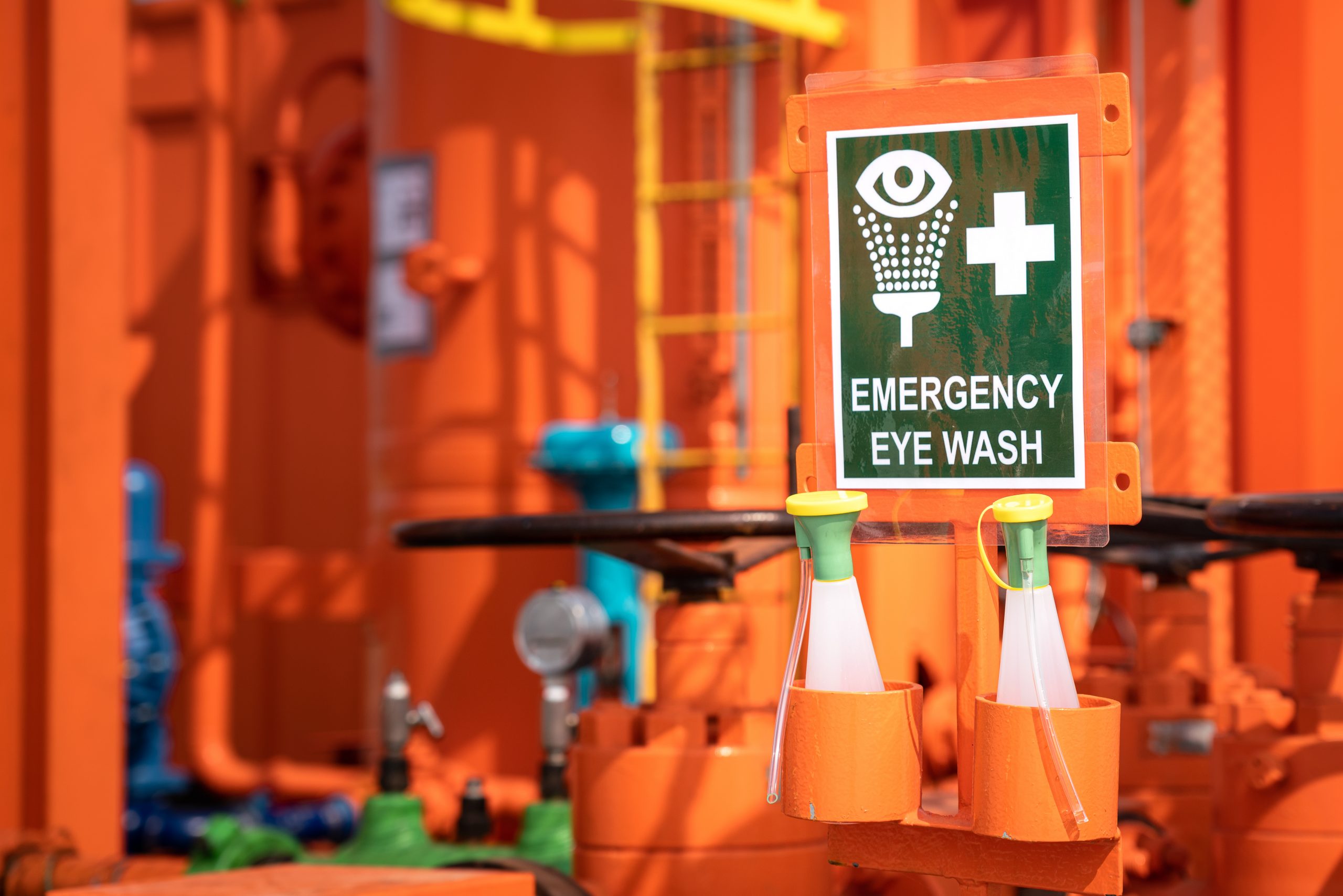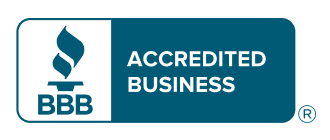All contractors need to be registered in the state of Washington. Trade subcontractors need to be both licensed and registered before they can begin to offer services. Here’s the process to become a registered/licensed contractor in Washington.
Do you need a license?
In Washington, contractor licensing and registration is handled by the state’s Department of Labor & Industries (L & I). Contractors are split into three groups: general contractors, who often subcontract most of their work; specialty contractors, which covers a variety of types of work; and trade contractors, which include plumbing, electrical, asbestos abatement, elevator, mobile home installation, and boilers.
General contractors who don’t perform one of the listed trades, and who subcontract all or part of their work, only have to be registered with the state.
Specialty contractors who are providing services not requiring a license just have to register. There are 63 trades established by the state, but licensing is only required for some of them. Note that specialty contractors are not allowed to subcontract work.
How to become a licensed contractor in Washington
1. Determine if you need to be licensed or registered
General contractors and other contractors who want to be able to subcontract work must register with L & I.
Specialty contractors only need to register with L & I
Some specialty contractors, listed below, require a license as well as registration.
Trade contractors who provide plumbingplumbing, electrical, asbestos abatement, elevator, elevatormobile home installation, and boilers servicing need to both register as a contractor with L & I and get licensed in their specific trade, as per L & I requirements (see hyperlinks for specifics).
2. File for a tax ID number or employer ID number
3. Register your business with the state
If you are starting a corporation, partnership, limited liability company (LLC), or limited liability partnership (LLP), you will first need to register with the Washington Secretary of State.
Almost all businesses will also need to register with the Department of Revenue to get a business license. The license allows you to do business as your business name, hire employees, pay and collect
sales tax, and pay taxes to the state. Use the state’s Business Licensing Wizard to begin the process. You will receive a registration number, called a unified business identifier or UBI. This number allows you to make changes to your business and file tax returns.
4. Purchase insurance and bonds
All contractors are required to purchase general liability insurance and provide a bond. Contractors must provide at least $200,000 in public liability and $50,000 property damage coverage, or $250,000 combined single limit. L & I must be listed as an additional insured on the policy.
Contractors must also provide a surety bond in the amount of $12,000 for general contractors and $6,000 for specialty/trade contractors.
The state of Washington provides workers compensation insurance
for all companies with workers. Washington companies must purchase this coverage through the department or be self-insured. If your company is out of state, like in Oregon, private insurance may be used to provide coverage.
5. Complete the application
Next you will complete the application for contractor registration. The original completed application must be mailed in with an original bond, an insurance certificate, and the application fee.
Processing of your application can take a while, so be sure to apply well before you want to start work. Once you receive confirmation of your registration, you may begin advertising for work, bidding projects, and taking on customers. Your contractor’s registration number must be present in all business correspondence and advertisements, including business cards.







